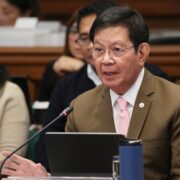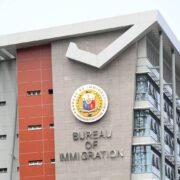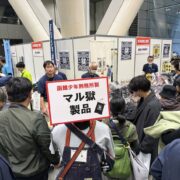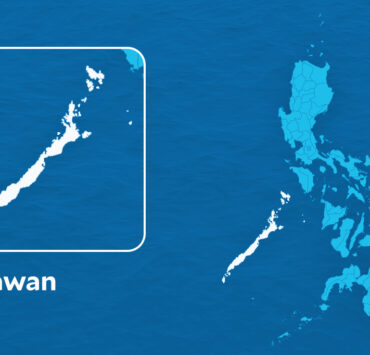Arta, Ombudsman to ease filing of cases
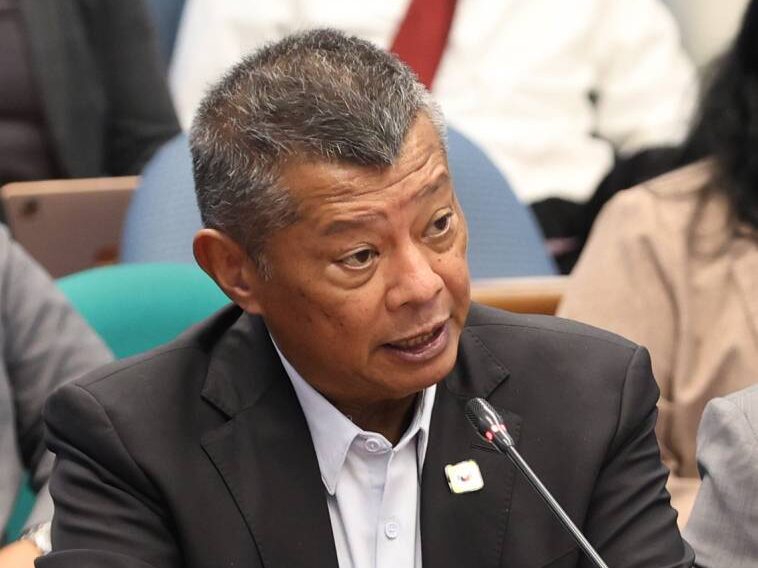
The Anti-Red Tape Authority (Arta) and the Ombudsman have agreed to curb delays in the investigation and filing of cases against public officials who violate the Ease of Doing Business law.
Under a Memorandum of Agreement (MOA) signed on Tuesday by Arta Secretary Ernesto Perez and Ombudsman Jesus Crispin Remulla, the Ombudsman will now take into consideration findings from Arta’s own investigation.
“The Ombudsman has agreed to give appropriate weight to our findings to speed up the resolution [of cases],” Perez said during the 2025 Ease of Doing Business Convention held at the Manila Hotel.
“We will be able to act on cases faster so please don’t hesitate to file a complaint,” he added.
As government watchdogs, Arta is primarily responsible for minimizing bureaucratic red tape to make the government more efficient, while the Ombudsman is in charge of investigating and prosecuting erring government officials.
Before the MOA, the Ombudsman automatically conducts its own preliminary investigation into complaints regarding red tape and ease of doing business that are forwarded to it by Arta, Perez said.
Aside from improving the ease of doing business in the country, Perez said the new partnership also shows how serious the government was in cracking down on red tape and corruption.
Twin evils
In his keynote message, Remulla described corruption and red tape as twin “evils” that must be eliminated altogether.
“Corruption and red tape are not separate evils; they feed each other,” he said, adding, “We cannot cut corruption without cutting red tape, and we cannot streamline bureaucracy without enforcing accountability.”
Remulla, a former justice secretary who was named Ombudsman in early October, emphasized that quashing corruption is the job of the entire government, not just one agency.
“This is not just a coordination agreement, it is a recognition of a whole-of-government approach,” he said. “The fight for better public service is not the burden of one office. It is a shared promise.”
The partnership between Arta and the Ombudsman comes as the Philippines enters what Perez called the “locking in” stage of the agency’s six-year roadmap to achieving ease of doing business, which ends in 2028.
One-stop shop
During the convention, Perez also teased the soft launch of the “Ease of Doing Business Dashboard,” a one-stop shop for Arta digital platforms that offers services ranging from complaint filing to business regulation monitoring.
The dashboard will consolidate three main Arta sites: the Anti-Red Tape Electronic Management Information System, Electronic Complaint Management System and the Philippine Business Regulation Information System.
“The Ease of Doing Business Dashboard [is] a single window that unifies data from these systems and across agencies, and turns them into real-time insights for decision-makers and makes results more transparent to the public,” Perez said.
The dashboard, which is scheduled for a soft launch on Nov. 5, will use artificial intelligence.
A three-day event, the Ease of Doing Business Convention will run until Nov. 6 and feature additional talks from government and business leaders, including Manila Mayor Isko Moreno on Nov. 5.





